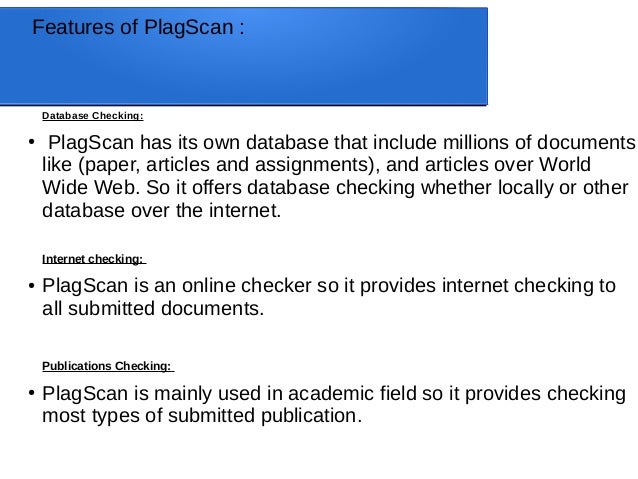Imagine a bustling city street, filled with people going about their day. A researcher, seemingly blending in, observes, analyzes, and takes notes. But what if this researcher isn’t just observing; what if they are secretly manipulating the very lives of those they study for the sake of their research? This is the dark side of sociology, a field built on understanding people, where unethical practices can have devastating consequences.

Image: necteo.com
Unethical sociological research practices occur when the principles of informed consent, privacy, and human dignity are disregarded. While sociology aims to unlock the secrets of human behavior and social structures, its pursuit of knowledge must never come at the expense of the individuals involved. This article delves into the worrisome world of unethical sociological research practices, exploring its history, types, and the long-lasting impact on both research participants and the scientific community.
From the Shadows of History: Unethical Research Practices
The history of social science is riddled with examples of unethical research. One haunting illustration is the Tuskegee Syphilis Study, conducted in the United States from 1932 to 1972. Hundreds of Black men, mostly poor sharecroppers, were deliberately left untreated for syphilis despite the availability of penicillin. This study, conducted under the guise of “free healthcare,” was a stark violation of basic human rights. The lasting damage included the erosion of trust between Black communities and medical institutions. This case serves as a stark reminder that the search for knowledge must always be guided by ethical considerations.
A Web of Ethical Violations: Unethical Research Practices in Sociology
Unethical practices in sociological research manifest in various ways, each with detrimental repercussions.
1. Violating Informed Consent: Knowledge is Power, but Transparency is Crucial
Informed consent is a cornerstone of ethical research. It means that participants fully understand the purpose, risks, and benefits of a study before they agree to take part. Unfortunately, some researchers may:
- Withhold vital information: Participants may be given incomplete or misleading information about the study’s nature or potential risks.
- Coercion or undue influence: Participants, especially those in vulnerable positions, may feel pressured or manipulated into participating due to social expectations or lack of alternative options.
- Lack of Clarity: The language used in consent forms can be overly complex or ambiguous, leaving participants uncertain about what they are agreeing to.

Image: www.studocu.com
2. Invasion of Privacy: Protecting Personal Boundaries
Everyone has a right to privacy. Unethical researchers may:
- Collect data without permission: Researchers might surreptitiously collect personal information without informed consent, such as tracking individuals’ online activities or using hidden cameras.
- Disclose confidential information: Researchers may violate participant confidentiality by sharing sensitive data without their permission, putting individuals at risk of harm or social stigma.
- Misusing personal data: Participants’ data may be used for purposes different from those explicitly outlined in the consent form, potentially leading to harmful consequences for individuals.
The Ripple Effect of Unethical Practices
The consequences of unethical sociological research go far beyond the individuals directly affected. They damage the field’s credibility, erode public trust, and hinder the pursuit of meaningful knowledge.
- Distrust and Skepticism: Unethical research practices can lead to a loss of trust between researchers and the communities they study, making it difficult to conduct future research.
- Erosion of public confidence: Public perception of sociology as a field can be negatively impacted, raising concerns about the legitimacy and ethics of social science research.
- Hindering scientific progress: When ethical standards are compromised, the quality and reliability of research findings are put into question, hindering the advancement of scientific knowledge.
Moving Forward: Ethical Research as a Shared Responsibility
The responsibility for ethical research lies not only with individual researchers but also with institutions and review boards. Here are some key steps towards a more ethical landscape in sociology:
1. Strengthening Institutional Oversight: Universities and research institutions must implement robust ethical review processes, ensuring that all research projects undergo comprehensive scrutiny before they begin.
2. Promoting Ethical Education: Ethical considerations must be woven into sociology curricula, equipping students with the knowledge and skills needed to conduct research responsibly.
3. Upholding Transparency and accountability: Researchers must be held accountable for their ethical conduct, with clear mechanisms in place to address violations.
Unethical Sociological Research Practice
A Call to Action: Empowered Individuals, Ethical Research
Unethical sociological research practices are a stain on the field’s reputation and a threat to the well-being of participants. By raising awareness, advocating for ethical guidelines, and holding researchers accountable, we can work towards a future where the pursuit of knowledge is guided by principles of respect, transparency, and human dignity. Let’s stand together to ensure that sociology remains a force for good, serving humanity while upholding the sacred values of ethical research.






